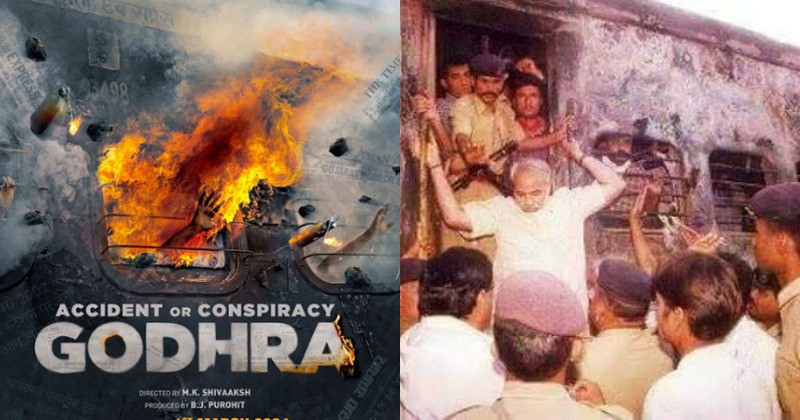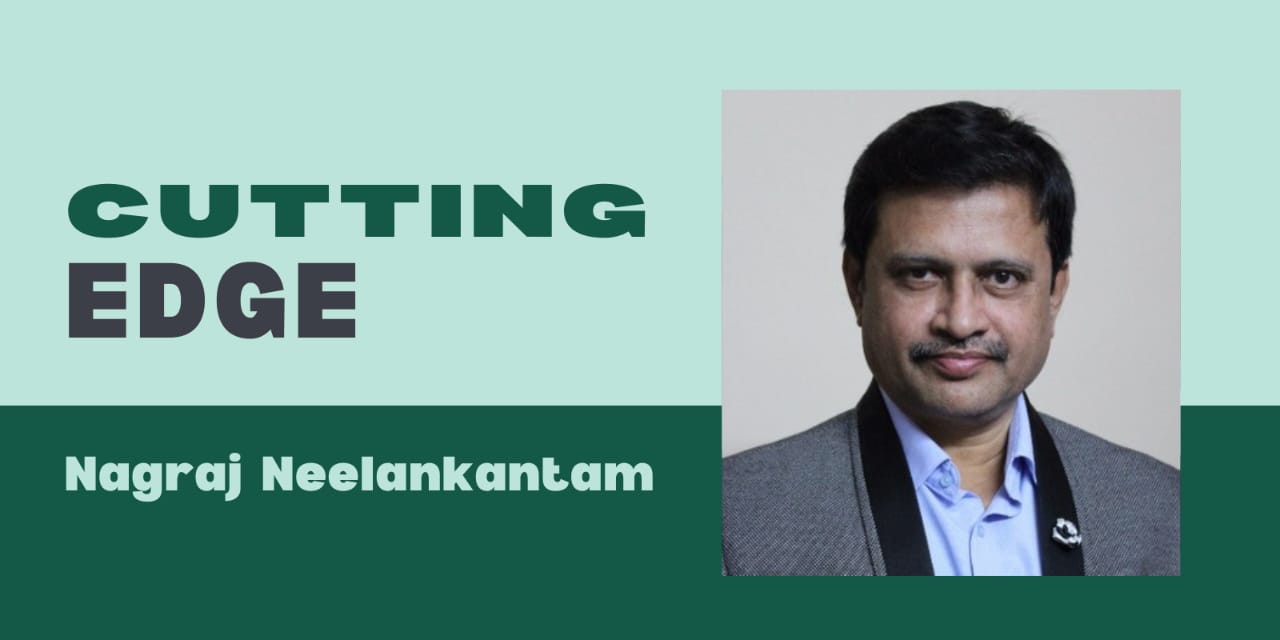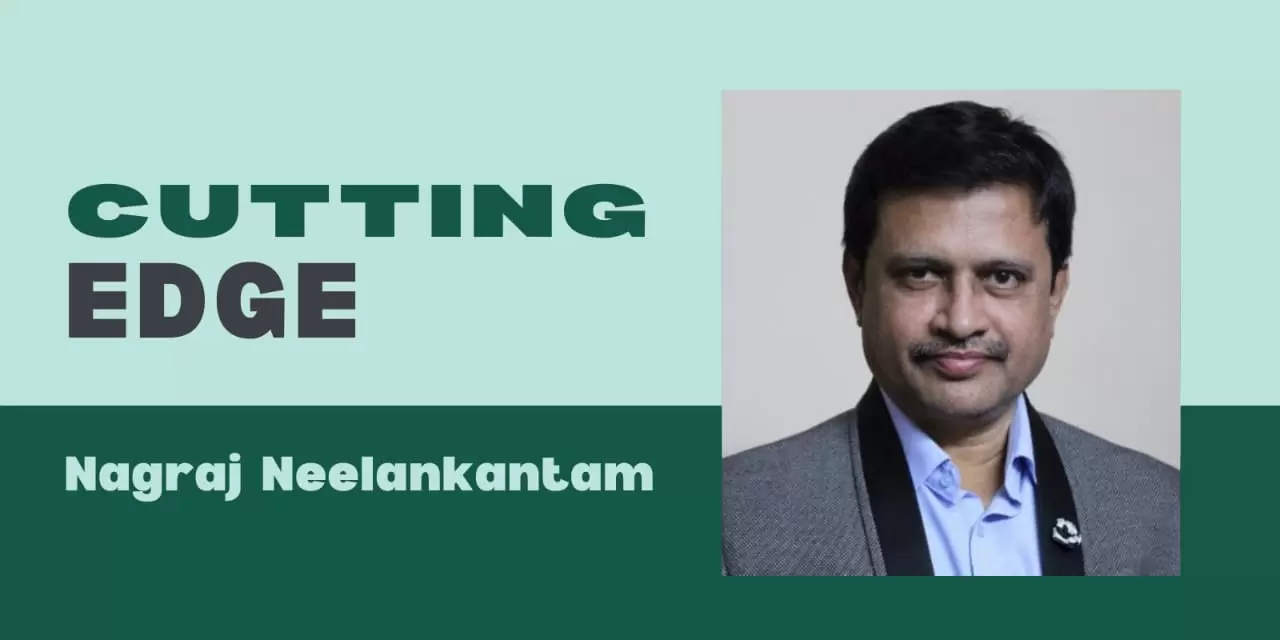On February 27, 2002, a fire on the Sabarmati Express at Godhra station claimed the lives of 59 Hindu pilgrims, mostly Karsevaks returning from Ayodhya. This incident, marked by brutal communal violence in its aftermath, ignited widespread riots in Gujarat, reshaping India’s political landscape and intensifying the secular-communal divide. The event’s implications reach far beyond its immediate tragedy, encompassing questions of political instigation, vote bank politics and external influence.
The Sabarmati Express, carrying Hindu pilgrims from the Ram Janmabhoomi movement, was attacked and set ablaze by a mob. The horrific nature of the act, targeting women and children, shocked the nation. While early reports blamed local Muslims, the motives and orchestration of the attack remain contentious. Many believe it was more than a spontaneous act, pointing to a well-planned conspiracy designed to incite communal tensions.
Reports suggest involvement by extremist elements, possibly linked to international Islamist networks, aiming to exploit simmering religious tensions in Gujarat. The state was already charged with communal unease due to the ongoing Ayodhya dispute, and the Godhra attack served as a spark for the riots that followed, devastating Muslim communities and tarnishing the state government’s image.
Central to the discourse around the Godhra incident and its aftermath is the role of political parties, particularly the Congress and its alleged vote bank politics. Since India’s independence, Congress has positioned itself as a secular party appealing to diverse communities, especially Muslims. The party’s strategy often relied on securing support from Muslim voters through promises of protection and representation, a practice critics label as appeasement.

Congress’s secular stance, while projecting inclusivity, also fostered transactional relationships with Muslim voters, prioritizing political gains over substantial reforms. This dynamic shaped perceptions of Congress as a party catering to minority interests, creating fertile ground for rival parties like the BJP to exploit Hindu nationalist sentiments.
The Gujarat riots following the Godhra incident marked a turning point in Indian politics. The BJP, under Chief Minister Narendra Modi, faced intense scrutiny for its handling of the violence. Despite accusations of complicity, Modi’s leadership and the BJP’s narrative resonated with many Hindus who felt marginalized by Congress’s policies.
Hindutva, the BJP’s ideological backbone, emphasizes Hindu unity and cultural preservation. In the aftermath of the riots, the BJP successfully positioned itself as the defender of Hindu interests, contrasting Congress’s secular image. This narrative shift propelled the BJP’s rise, deepening the political and communal divide.
For Congress, the Gujarat riots were an opportunity to challenge the BJP and reclaim political ground. The party’s condemnation of the violence and calls for accountability targeted Modi’s government, aiming to attract Muslim voters. However, this approach also alienated many Hindus who perceived Congress as biased.
The political fallout of the riots highlighted the limitations of Congress’s vote bank strategy. While it maintained support among Muslims, the growing appeal of Hindutva and the BJP’s emphasis on Hindu identity diminished Congress’s influence, particularly in states like Gujarat.
Beyond domestic politics, the Godhra incident and ensuing violence attracted international attention. Reports of external instigation, including involvement by Islamist groups and potential support from Pakistan-backed factions, suggest a broader agenda to destabilize India. These elements sought to exploit internal tensions, using communal violence to weaken India’s social fabric.
Financial backing for extremist groups and the involvement of non-state actors highlight the geopolitical dimensions of the conflict. The Godhra attack, seen by some as part of a larger conspiracy, underscores the need for vigilance against external threats aiming to disrupt India’s unity.
The Sabarmati train tragedy and its aftermath underscore the dangers of polarizing politics and communal strife. For India to move forward, political leaders must prioritize national unity over short-term electoral gains. Both Congress and the BJP have a responsibility to foster inclusive development and address the root causes of communal tensions.
Ending vote bank politics is crucial for creating a more equitable society. Political parties should focus on policies that benefit all communities, rather than catering to specific groups for electoral advantage. Promoting inter-community dialogue and social cohesion can help heal the wounds of past conflicts and prevent future violence.
The Sabarmati train incident and the Gujarat riots remain a pivotal chapters in India’s history, reflecting the complex interplay of religion, politics, and identity. While the tragedy exposed deep societal fault lines, it also offered lessons in resilience and the importance of unity. For India to realize its potential as a diverse and harmonious nation, it must rise above divisive politics and embrace a vision of inclusivity and justice for all. Only through collective effort and a commitment to peace can India overcome its challenges and build a future where such tragedies are never repeated.






